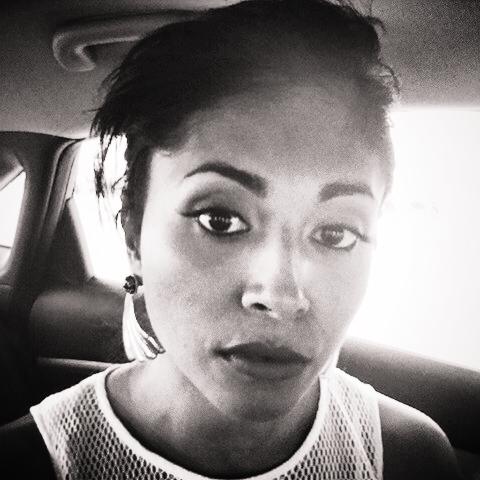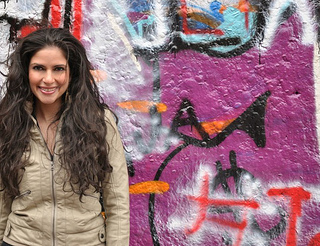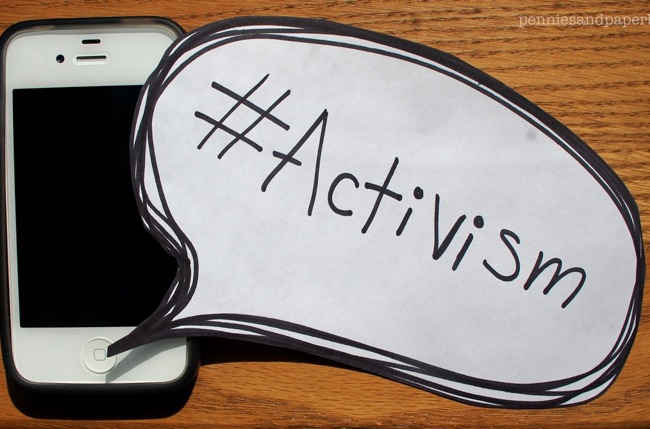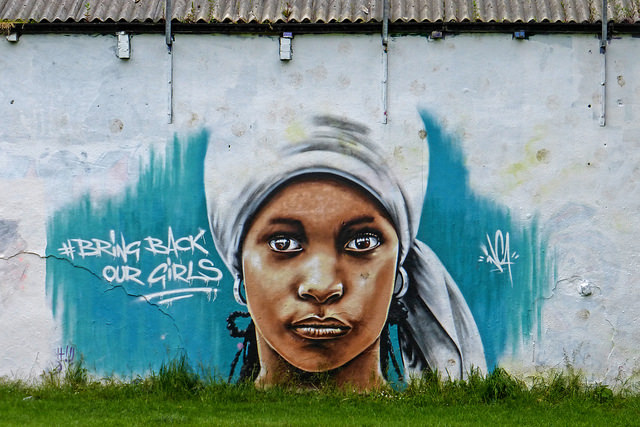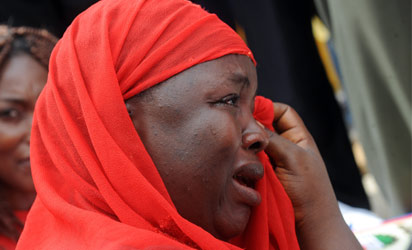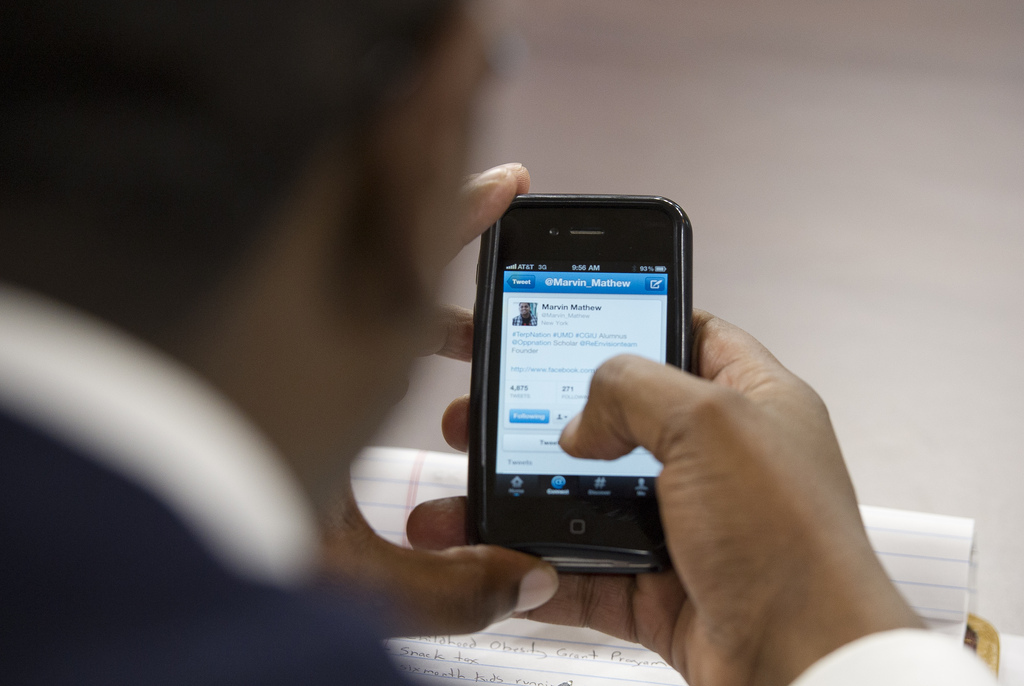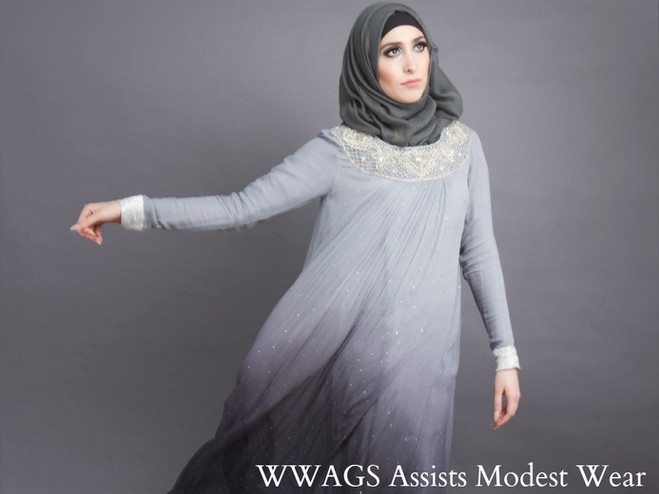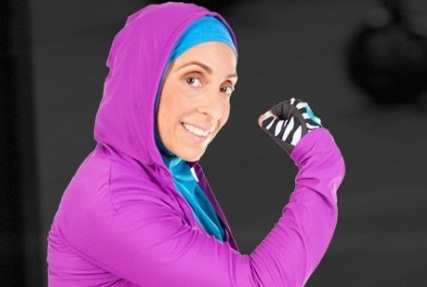
Zainab Ismail (Nadoona) Interview
I am a Puerto Rican convert, born and raised in New York City. I was a Fitness Trainer/Speaker long before I became Muslim. Who are you? I am a Puerto Rican convert, born and raised in New York City. I was a Fitness Trainer/Speaker long before I became Muslim. I…
Read More

